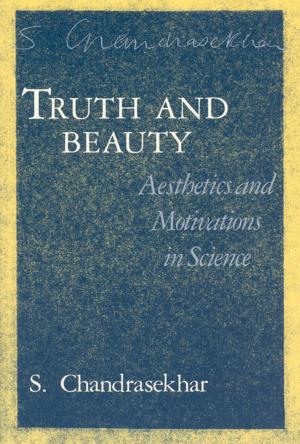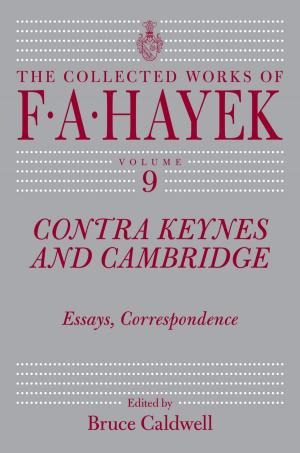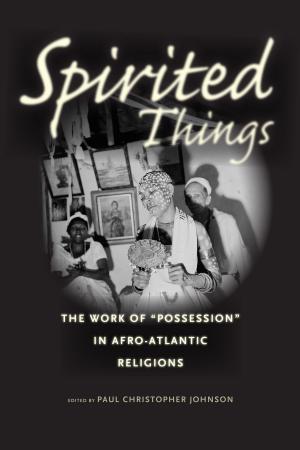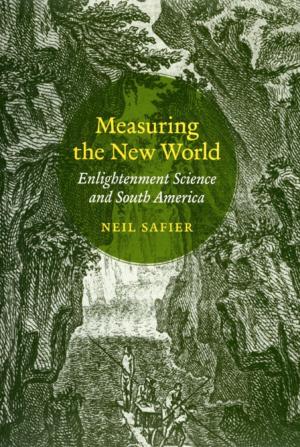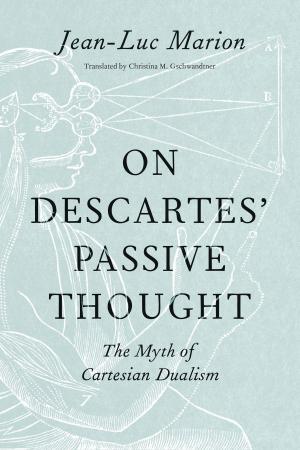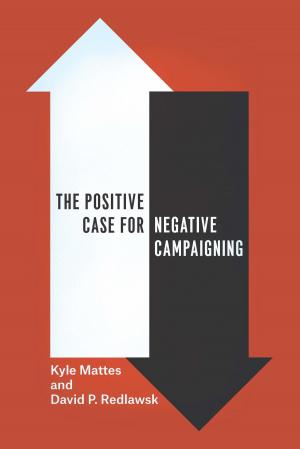War, Peace, and Prosperity in the Name of God
The Ottoman Role in Europe's Socioeconomic Evolution
Business & Finance, Economics, Theory of Economics, Nonfiction, Religion & Spirituality| Author: | Murat Iyigun | ISBN: | 9780226232287 |
| Publisher: | University of Chicago Press | Publication: | May 7, 2015 |
| Imprint: | University of Chicago Press | Language: | English |
| Author: | Murat Iyigun |
| ISBN: | 9780226232287 |
| Publisher: | University of Chicago Press |
| Publication: | May 7, 2015 |
| Imprint: | University of Chicago Press |
| Language: | English |
Differences among religious communities have motivated—and continue to motivate—many of the deadliest conflicts in human history. But how did political power and organized religion become so thoroughly intertwined? And how have religion and religiously motivated conflicts affected the evolution of societies throughout history, from demographic and sociopolitical change to economic growth?
War, Peace, and Prosperity in the Name of God turns the focus on the “big three monotheisms”—Judaism, Islam, and Christianity—to consider these questions. Chronicling the relatively rapid spread of the Abrahamic religions among the Old World, Murat Iyigun shows that societies that adhered to a monotheistic belief in that era lasted longer, suggesting that monotheism brought some sociopolitical advantages. While the inherent belief in one true god meant that these religious communities had sooner or later to contend with one another, Iyigun shows that differences among them were typically strong enough to trump disagreements within. The book concludes by documenting the long-term repercussions of these dynamics for the organization of societies and their politics in Europe and the Middle East.
Differences among religious communities have motivated—and continue to motivate—many of the deadliest conflicts in human history. But how did political power and organized religion become so thoroughly intertwined? And how have religion and religiously motivated conflicts affected the evolution of societies throughout history, from demographic and sociopolitical change to economic growth?
War, Peace, and Prosperity in the Name of God turns the focus on the “big three monotheisms”—Judaism, Islam, and Christianity—to consider these questions. Chronicling the relatively rapid spread of the Abrahamic religions among the Old World, Murat Iyigun shows that societies that adhered to a monotheistic belief in that era lasted longer, suggesting that monotheism brought some sociopolitical advantages. While the inherent belief in one true god meant that these religious communities had sooner or later to contend with one another, Iyigun shows that differences among them were typically strong enough to trump disagreements within. The book concludes by documenting the long-term repercussions of these dynamics for the organization of societies and their politics in Europe and the Middle East.

